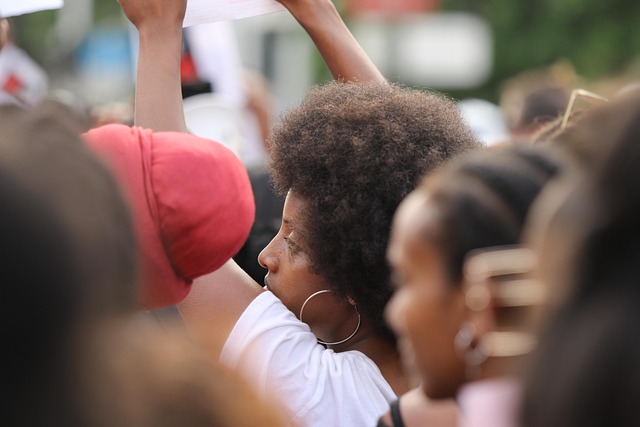The increasing frequency and intensity of extreme weather events around the globe has raised urgent questions about the intersection of social justice and climate change. As communities grapple with hurricanes, wildfires, floods, and heatwaves, it is essential to understand how these disasters disproportionately impact marginalized populations. The concept of social justice serves as a guiding principle in making sense of the challenges faced by the most vulnerable among us during these unprecedented times.
Extreme weather events often exacerbate existing inequalities. Low-income neighborhoods and communities of color are typically situated in areas more prone to flooding and heat exposure. This geographical vulnerability is not just a matter of chance; it is a result of systemic inequities that restrict access to resources, safe housing, and emergency services. When a natural disaster strikes, these communities find themselves on the front lines, experiencing the devastating consequences with little to no means of recovery.
Moreover, climate change, fueled by industrial pollution and unsustainable practices, is not just an environmental issue but a pressing social justice concern. The most marginalized groups have contributed the least to greenhouse gas emissions but suffer the most from climate impacts. For instance, indigenous populations often rely on natural resources for their livelihoods, making them especially vulnerable to climate-related disruptions. Their traditional knowledge and sustainable practices are valuable stands against climate change, yet they face ongoing struggles for recognition and rights.
In the face of these challenges, grassroots movements are emerging to champion social justice within the context of climate change. Activists are rallying for equitable policies that consider the needs of those most affected by extreme weather. They are demanding investments in climate resilience strategies that prioritize low-income communities, ensuring that they bounce back stronger after a disaster. By amplifying the voices of the marginalized, these movements aim to create a more just and sustainable future for all.
Educational initiatives also play a pivotal role. Awareness of social justice in the climate discourse can empower individuals to take action. By understanding the interconnectedness of our environment and social systems, we can advocate for policies that address both climate change and the injustices it perpetuates. This can involve supporting sustainable practices, pushing for equitable disaster response plans, or engaging in community organizing for climate justice.
As we confront the realities of climate change and its impact on extreme weather events, it is crucial to center social justice in the conversation. By doing so, we can work towards solutions that not only mitigate the effects of climate change but also rectify the systemic inequities that have long plagued our society. Together, we can strive for a world where everyone, regardless of their socio-economic status or background, is afforded the same protections and opportunities in the face of environmental challenges.




